Country Life Today: How an oak tree can reveal 800 years of environmental history
In today's news round-up, oak trees are used as 'a natural archive of climate information', relentless rain sparks warnings and our feline friends' true feelings are revealed.
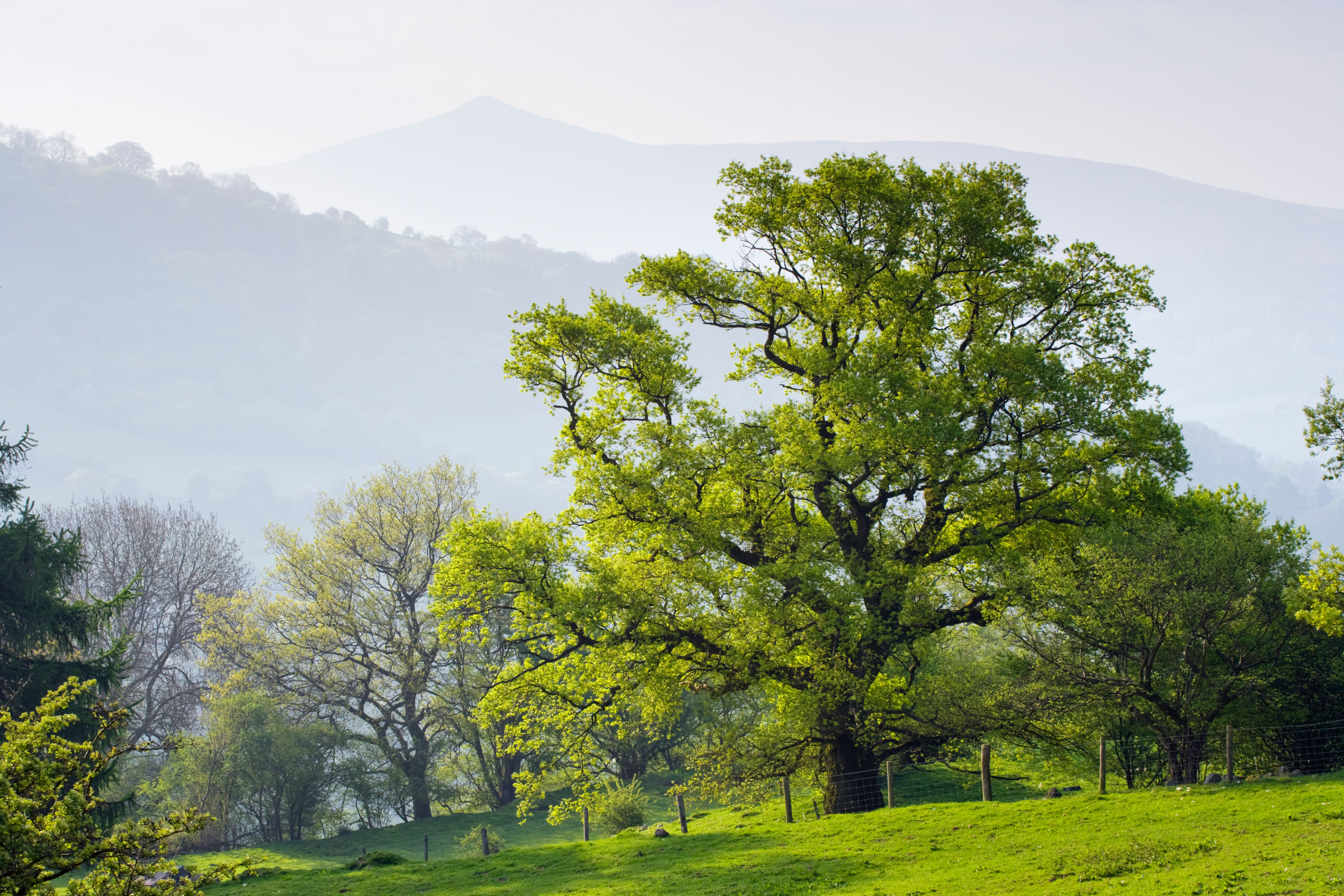
An oak can reveal 800 years of history
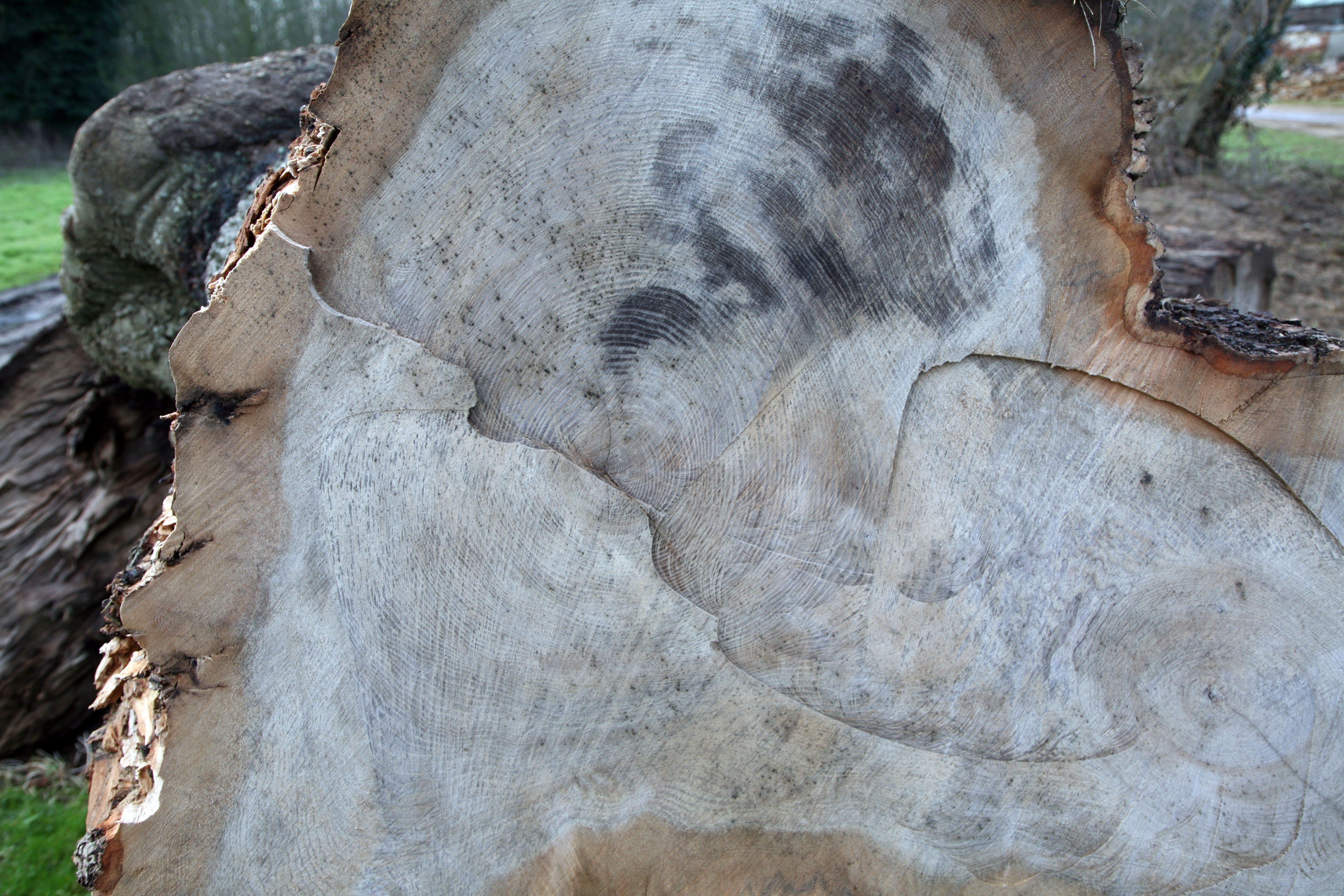
In a study conducted by The University of Oxford and Swansea University, core samples takes from hundreds of UK oaks have revealed the huge impacts climate change can have on society.
These trees allow researchers to access what they're calling 'a natural archive of climate information', providing records that outstretch even those of the Met Office, which only go back several hundred years.
The findings support the Met Office's records that British summers have become 13% wetter in the last century.
'Critically there have been times in the past when our climate has deteriorated and there have been really huge impacts on our society' says Mary Gagen of Swansea University's research group. The research has revealed that particularly wet summers from the mid 1200s to early 1300s coincided with a time of great famine.
Weather watch
A clear reminder that summer is over – a yellow weather warning stretches from London to the South, and all the way to the Scottish Borders. The rain is predicted to continue until 11pm this evening.
Exquisite houses, the beauty of Nature, and how to get the most from your life, straight to your inbox.
On this day...

On 24 September, 1896, The Great Gatsby author, F. Scott Fitzgerald was born. The American was famous for his depictions of the flamboyance and excess of the Jazz Age.
Why every school kid should spend a night under the stars
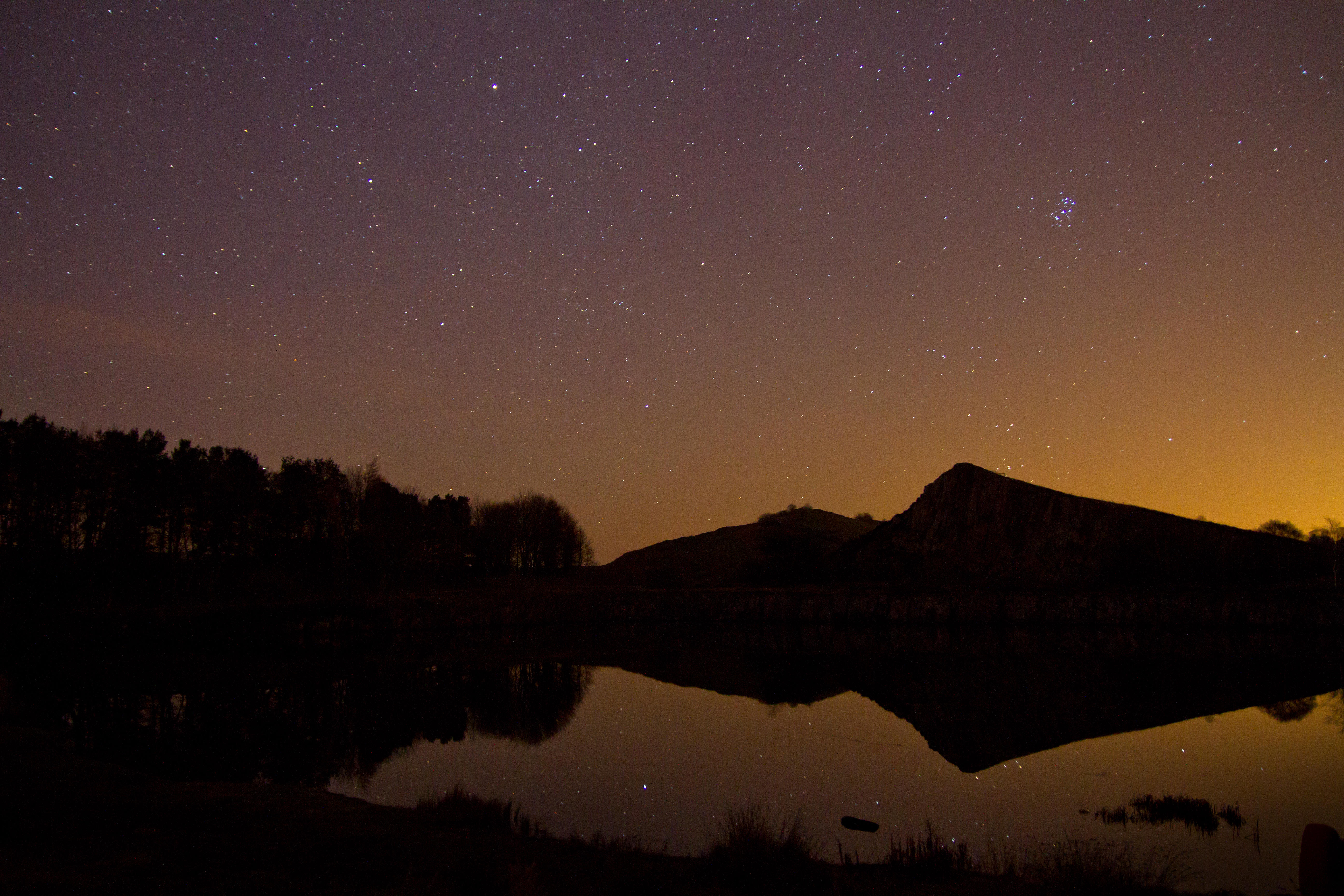
As the future custodians of our countryside, it's important that children have the chance to experience the beauty they will be safeguarding in years to come.
At least that's what the kind people at Northumberland National Park believe, as it reveals a plan to allow every school child in the country to visit the park.
'We believe that national parks have the ability to inspire and to change people’s lives' says the park chief executive Tony Gates. 'Our national parks should be for all of society.'
UK’s first spaceport could threaten habitats
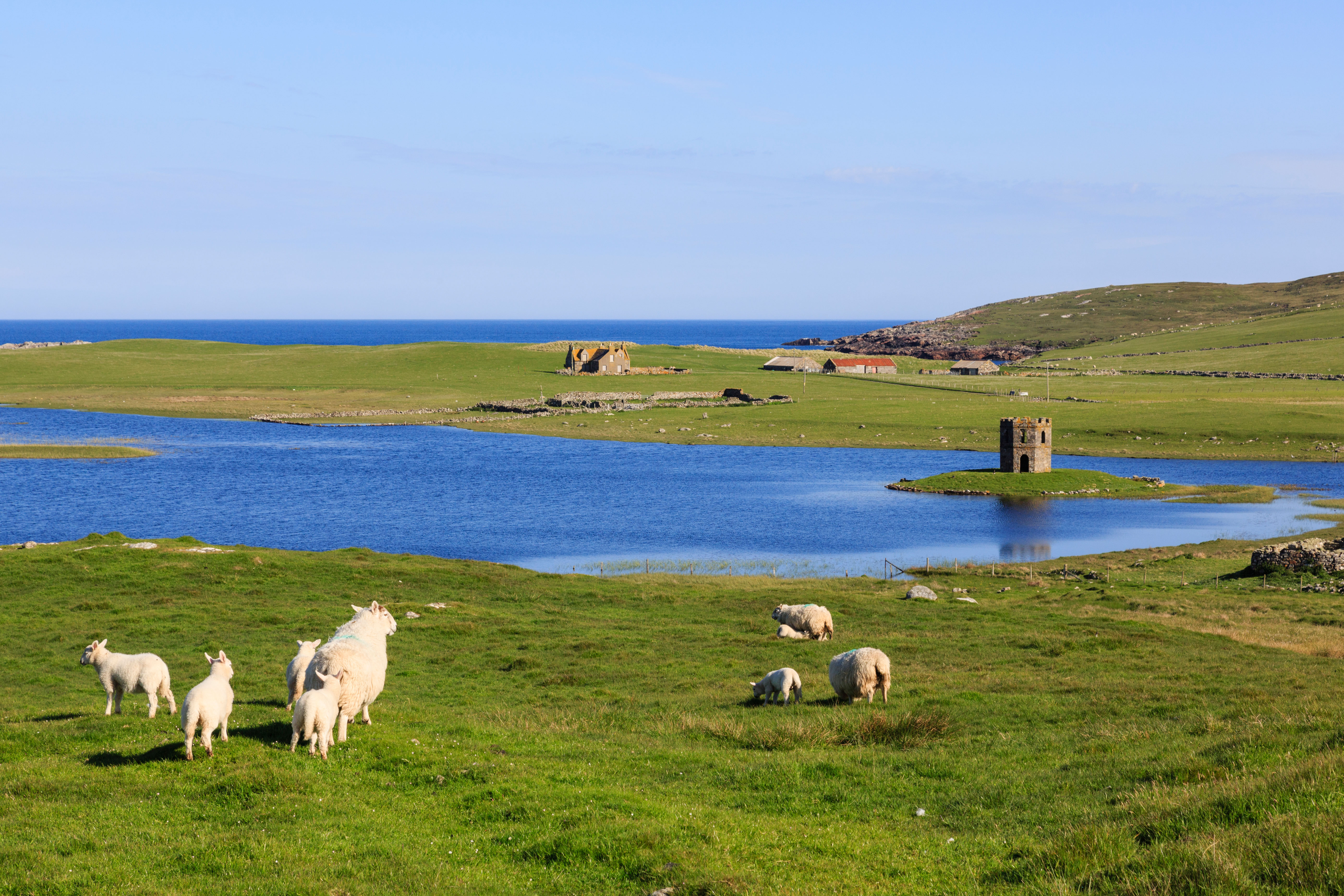
North Uist in the Outer Hebrides could be home to a new rocket site, but islanders say it would damage important habitats.
In consultation meetings last week, locals raised their fears surrounding the environmental impact as well as asking about the economic benefits.
The RSPB has also objected to the plans, warning that the chosen site is in a 'highly sensitive area'. Corncrakes, Greenland barnacle geese and ringed plover are just a few of the many species living in the vicinity.
Those behind the scheme suggest it could generate payments of about £900,000 a year for the islanders and up to 70 jobs.
And finally... Cats care
Researchers have discovered cats care about their owners much more than we may have imagined.
The team observed 100 felines in an experiment that has been previously used to study the attachment of children to their mothers.
'Our study indicates that when cats live in a state of dependency with a human, the majority use humans as a source of comfort,' said Dr Kristyn Vitale of Oregon State University.
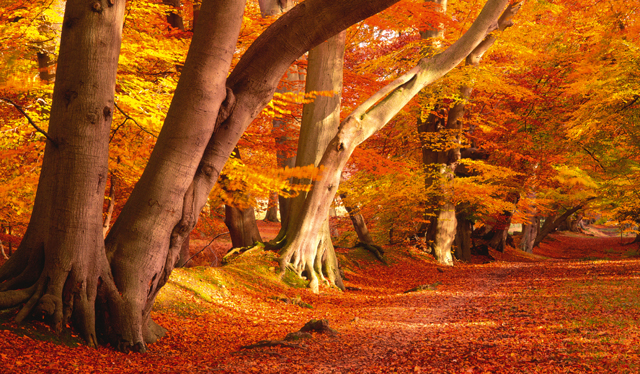
Britain set for stupendous autumn colours thanks to 'perfect conditions' through the summer
Forestry England has predicted an impressive display of autumn colours that will start now and continue through to mid-November.
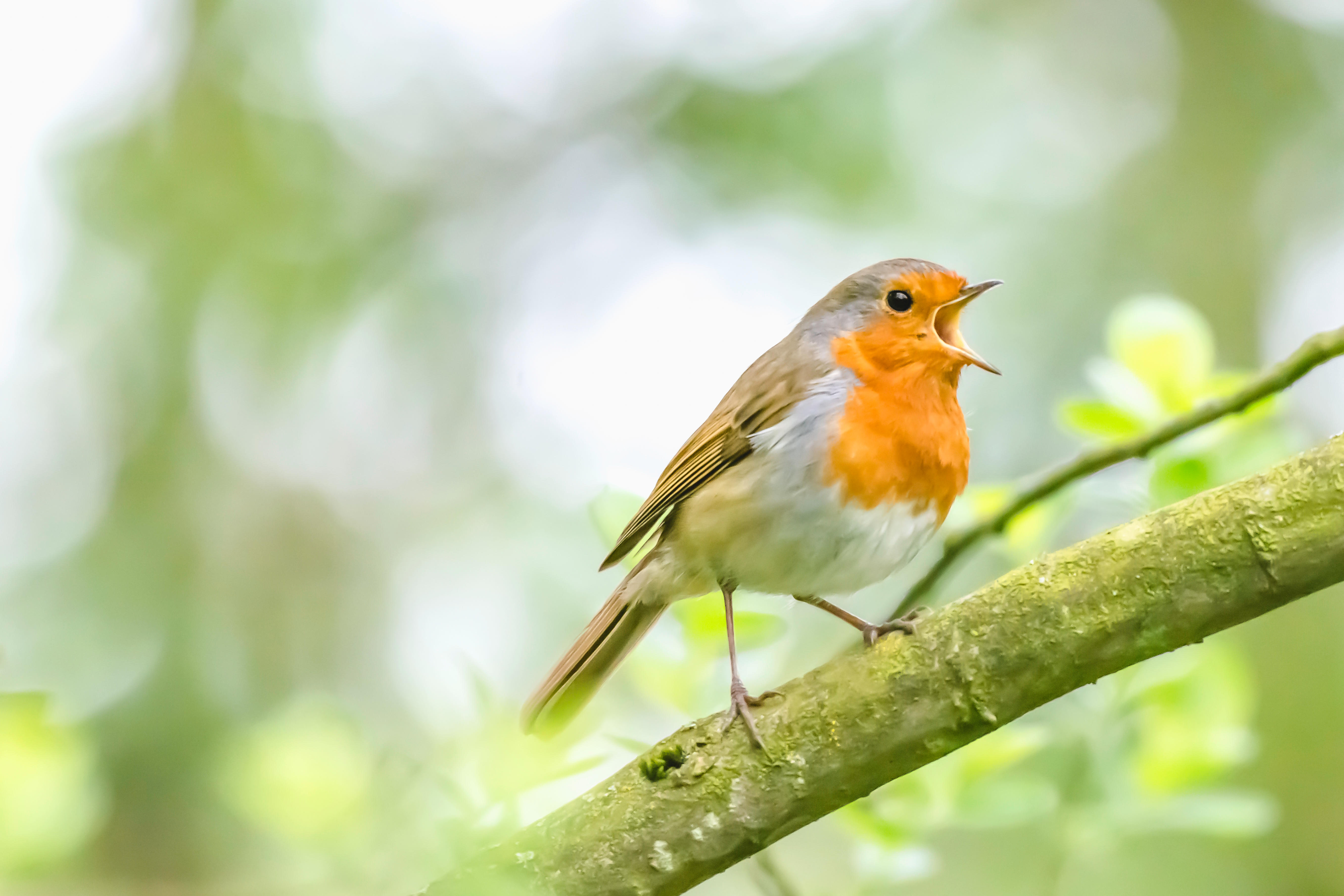
Soothing sounds of woodland proven to be more relaxing than meditation apps or silence
Listening to birdsong, rustling leaves and a gentle stream can positively affect our wellbeing, a Natural Trust study has found.